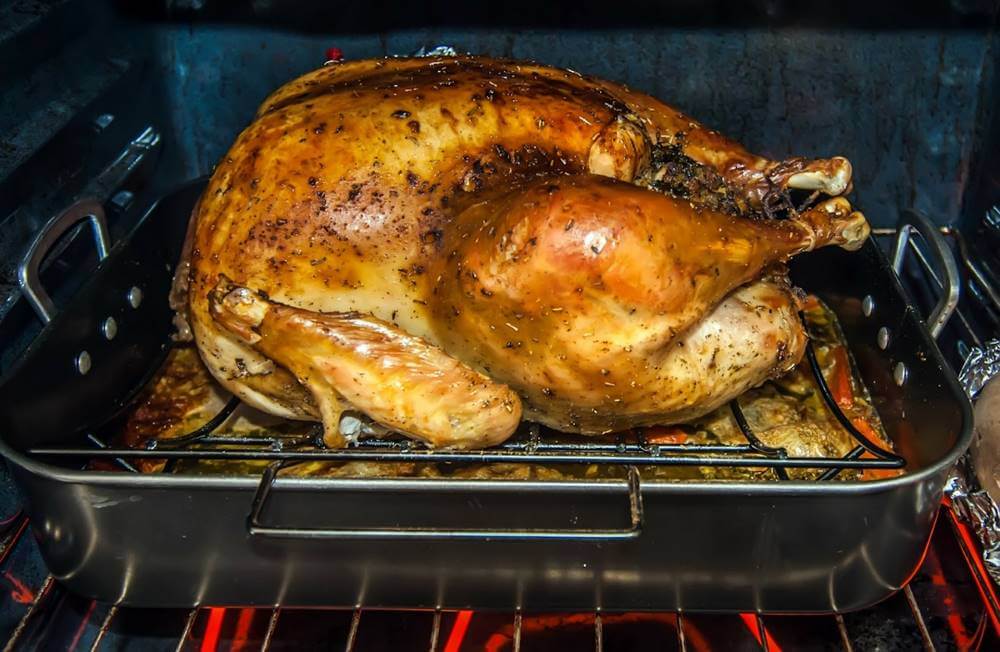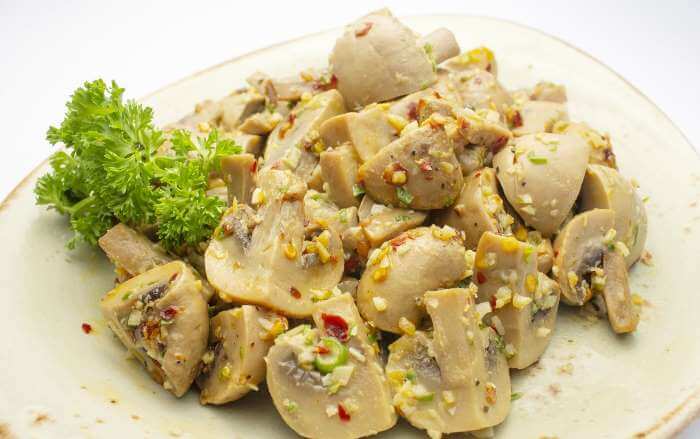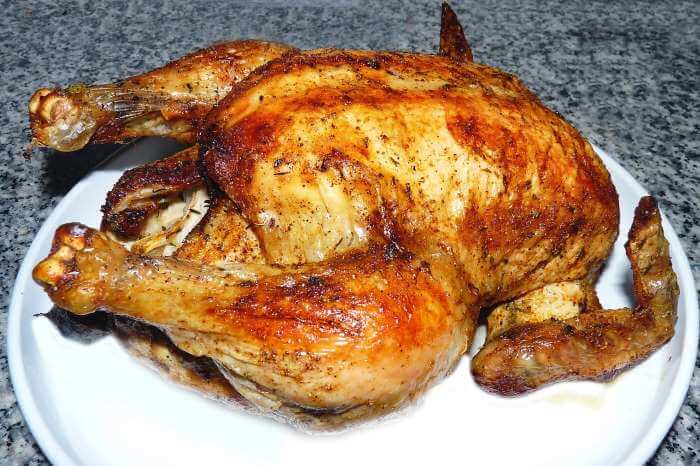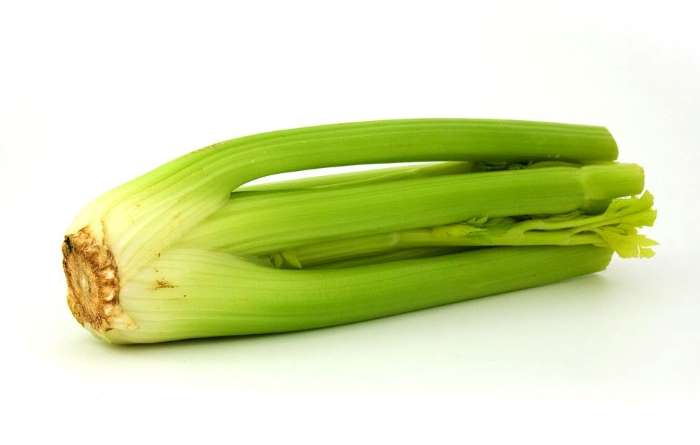To reduce food waste and save money, many housewives have mastered the art of using leftovers! It’s true that when our dishes are not finished, it’s much more reasonable and economical to put the leftovers in a tupperware in the fridge (or in the freezer) to eat them a few days (or weeks) later, after a quick trip to the oven or the microwave to reheat them.

But beware: this apparently harmless gesture could actually be more dangerous for our health than we think! Indeed, there are certain foods that, once cooked, should never be reheated, because once subjected to high temperatures, they develop compounds that make them difficult to digest, or even worse, carcinogenic…
These seven foods, for instance, could give you food poisoning—or worse—if reheated or stored improperly:
1. Potato

Potatoes are one of the most popular vegetables in America, and the ones they cook the most. And yet, without knowing it, every other time people put their health at risk… That’s right: many people eat mashed or fried potatoes and then put them back in the microwave the next day. Ouch!
First of all, you should know that when you heat up a potato, it loses most of its nutritional value. Oops. And even if you leave it at room temperature for too long and reheat it, it can become difficult to digest and toxic. Oops again.
The bottom line is that you can eat already cooked potatoes either as they are or in a cold salad!
2. Mushroom

Mushrooms are very light vegetables and are extremely healthy because of their high fiber and vitamin content. Mushrooms are also delicious in soups, risottos or pan-fried dishes!
But be careful: mushrooms should only be eaten fresh! Indeed, if you heat up a cold pan-fried mushroom dish (or any dish containing mushrooms), not only will the good taste of these mushrooms be considerably spoiled, but you may also have trouble digesting them, and experience bloating, gas, and stomach pains. Ouch.
3. Chicken

It may seem surprising, but it is best not to reheat leftover chicken. This is because the protein composition changes when this food is reheated, and this can cause digestive problems, given that chicken contains more protein than red meat.
A study conducted at the University of Massachusetts, USA, investigated the effect of reheating leftover chicken in an oven at temperatures ranging from 55°C to 90°C. The researchers found that the iron content of this meat decreased by 80%. It is therefore advisable to eat leftover chicken cold by adding it to your salads and to avoid reheating it.
4. Celery

Celery is a vegetable with many advantages: it helps to fight constipation, keep teeth white and spotless, fight cellulite, and absorbs fat as well!
But to protect our health, it is important never to cook it twice. This is because this vegetable contains nitrates, compounds that are not dangerous in themselves, but which, once heated, turn into nitrites. These compounds are potentially carcinogenic.
The bottom line is that as soon as celery is cooked, we eat it. And what if our soup or stock contains celery and we want to reheat it? Then take out the celery pieces and put them back in!
5. Spinach

Spinach, like beetroot, is rich in nitrates. When you reheat this food, the nitrates turn into nitrites and nitrosamines, which can be carcinogenic. This only happens when you heat spinach. Nitrosamines are also found in cigarettes and other foods such as meat, cheese and beer. In 1956, two English scientists, John Barnes and Peter Magee studied the effect of nitrosamines on rats.
They discovered that when these molecules are present in large quantities in the body, they can stimulate the growth of cancer cells in the liver. The researchers concluded that 90% of the compounds in nitrosamines were carcinogenic.
6. Rice

It’s almost impossible to believe, but it’s true. If you heat up rice in the microwave, you are putting yourself at risk of food poisoning.
According to a study published in the International Journal of Food Biology, this risk is due to the presence of a bacterium, Bacillus cereus, in already cooked rice. This micro-organism is not resistant to microwave heat, but it can produce toxic spores that are resistant even to high temperatures.
A study by researchers at the University of Cambridge shows that these spores multiply in rice that has been heated in the microwave and then left in a room at normal temperature. They can lead to poisoning, including diarrhea and vomiting.
7. Eggs

Reheating eggs in the microwave is a very bad idea… for your skin, your mouth and even your ears! According to a study published in 2017 in the journal Science Daily, when you heat a hard-boiled egg in the microwave, it starts to swell under the effect of radiation. As a result, it can explode if you stick a fork into it.
This explosion can not only cause serious burns, but also a deflagration with a sound level of between 86 and 133 decibels, the noise of an aircraft engine starting up 300 meters away.
Now you know when not to reheat food in the microwave, oven or frying pan. Sometimes it’s a question of flavor, loss of vitamins and nutrients, and in the case of people with digestive problems, it’s mainly a question of health. This is a good thing to know when reheating your future dishes!




